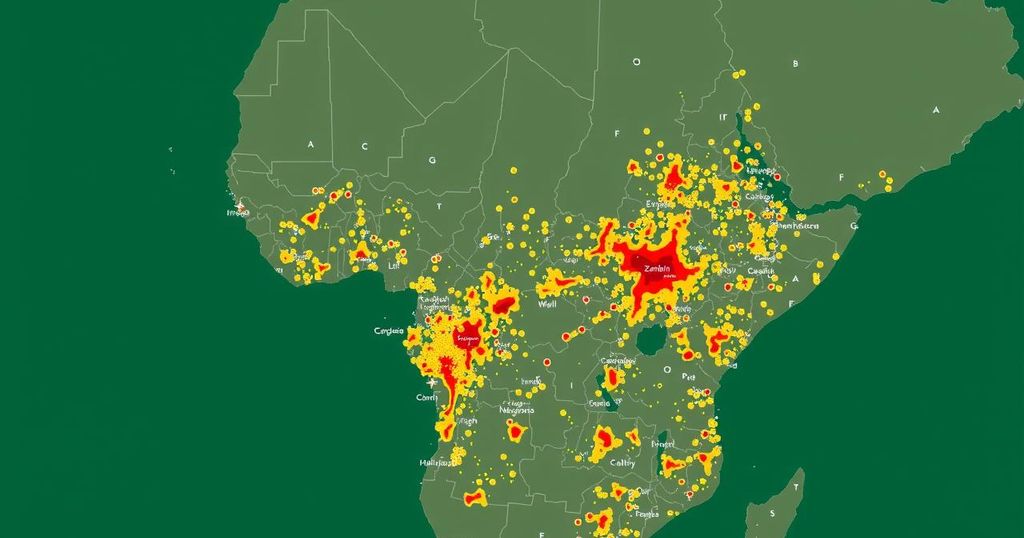Climate Shocks and Economic Resilience: Insights from Zambia’s Formal Sector

The UNU WIDER Working Paper 2024/71 examines the impacts of climate shocks on firms in Zambia, illustrating declines in sales, input purchases, and tax revenues due to extreme weather. Key sectors like manufacturing and construction are particularly affected, with firms responding by cutting jobs and wages, indicating reduced productivity. The study emphasizes the necessity of analyzing climate impacts in the context of governmental fiscal health, especially in developing nations.
The UNU WIDER Working Paper 2024/71 emphasizes the interplay between climate shocks and economic resilience within Zambia’s formal sector, presenting critical findings based on firm-level data. The study indicates that extreme weather events, including intense rainfall and extreme temperatures, have detrimental impacts on firm operations, leading to marked declines in sales, procurement, and ultimately, tax revenue, especially in key sectors such as manufacturing, retail, accommodation, and construction. The research demonstrates that firms adapt by reducing their workforce and lowering wages, which correlates with decreased productivity levels. This highlights an urgent need for comprehensive strategies to address the dual challenges of climate shocks and tax revenue impacts, underscoring the importance of integrating climate considerations into economic planning.
The adverse effects of climate change pose significant challenges for low-income countries, particularly in terms of economic performance and public finance. In Zambia, where government revenue is heavily dependent on taxation of formal sector activities, understanding the ramifications of climate-induced disruptions becomes critical. Despite the increasing frequency and severity of climate shocks, there has been a conspicuous lack of scholarly attention devoted to how these factors jointly affect firm performance and government revenue streams. By assessing firm-level data, this study seeks to fill the research gap and inform policy frameworks.
In summary, the evidence provided in the UNU WIDER Working Paper highlights the significant adverse effects of climate shocks on firm productivity and government tax revenues in Zambia. Extreme weather events notably impair economic performance, prompting firms to reduce employment and wages, which further diminishes productivity. This study underscores the need for a synergistic approach to address climate risks alongside enhancing domestic revenue mobilization, aiming to fortify economic resilience in low-income countries.
Original Source: reliefweb.int








